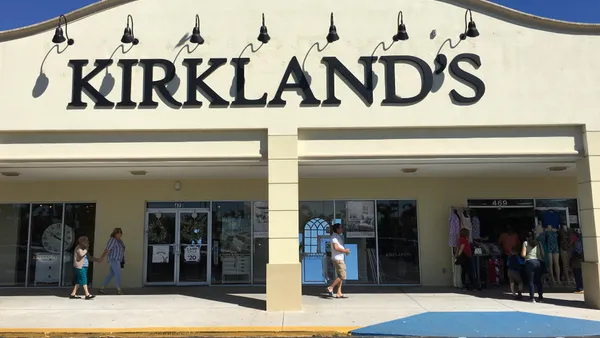Dive Brief:
-
Wal-Mart won its fight against a Puerto Rican law enacted in May 2015 that raised from 2% to 6.5% the tax on goods that retailers bring to the island to sell.
-
Wal-Mart responded with a lawsuit contending that the tax is aimed at its business in particular, using the arguments made by Puerto Rican lawmakers when they instituted the tax, who said that by imposing higher rates on larger retailers, smaller independent ones could be spared. That, argued Wal-Mart, is proof that the tax was discriminatory.
-
Puerto Rico Gov. Alejandro Garcia Padilla said his government will appeal Federal Judge José Antonio Fusté's decision, which makes the territory’s financial straits all the more dire. "The judge just took away $100 million from the people of Puerto Rico and gave it to Wal-Mart," Padilla said.
Dive Insight:
“Puerto Rico’s [alternative minimum tax], on its face, clearly discriminates against interstate commerce,” Fusté wrote. He added that if the law remained in place, it would generate more than $40 million in "unconstitutional taxes... to an insolvent government without any hope that the victimized taxpayers will be reimbursed in the foreseeable future. That is the very definition of an inadequate remedy."
This is a big win for Wal-Mart, which faced potential taxes of $10 million, including levies on goods it never sold in Puerto Rico. The retailer had said it was concerned that Puerto Rico’s precarious finances could lead it to spend the money or go bankrupt before it could give the funds back to Wal-Mart in the event the tax was declared illegal, noting that the island has previously been unable to issue even smaller tax refunds, and Fusté agreed.
Puerto Rico shoulders a $70 billion public debt load. Congress will consider in April whether to name a federal fiscal oversight board to take over. "That board would be a substitute for an elected government," Garcia told reporters. "That is unacceptable."
Wal-Mart runs 55 stores in Puerto Rico and employs some 15,000 workers there. That makes it a major employer in the U.S. territory, as well as a major source of goods for consumers, as it is in many areas of the continental U.S.
Earlier this year, Wal-Mart said that it would close seven Puerto Rico locations in tandem with plans to shutter 154 locations in the U.S., including the company’s 102 smallest format stores, Walmart Express, which had been in pilot since 2011. Other closures will include 23 Neighborhood Market stores, 12 Supercenter stores, six discount centers and four Sam’s Club warehouse stores.














